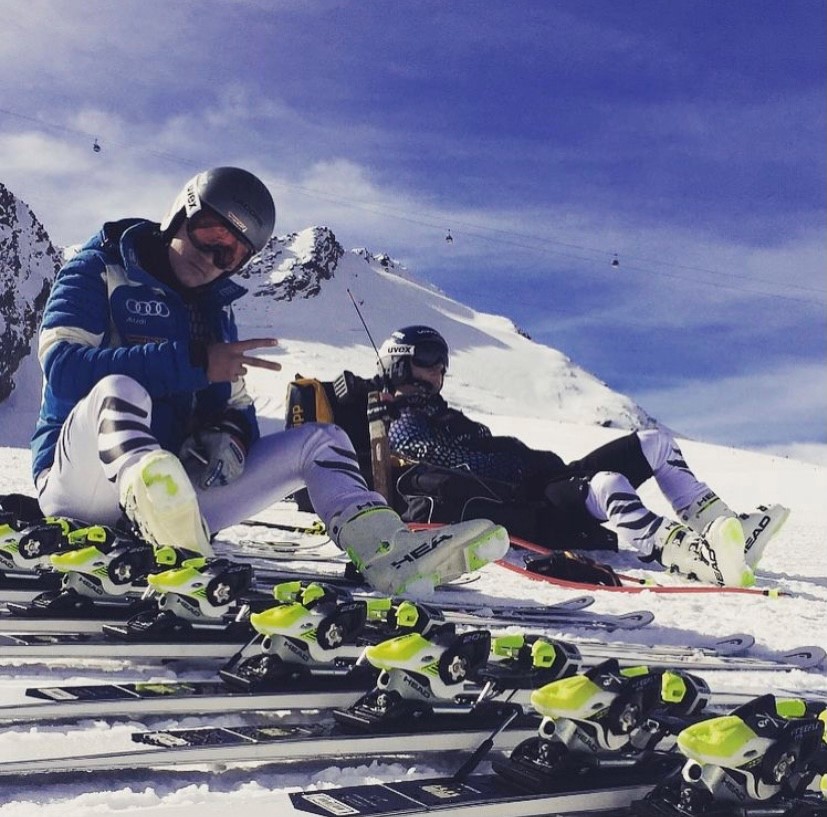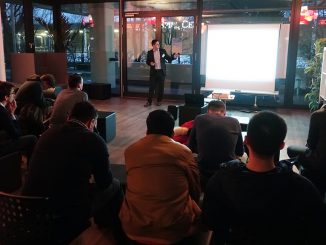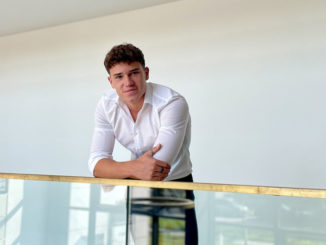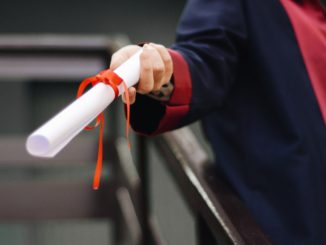Wiebke Lehnert: Cool, thank you for introducing yourselves! As an outsider, I think we often have a romantic, glorified image of the sporting world. What comes to my mind, for example, is being on the road a lot, traveling and meeting amazing people. We sometimes forget that a professional sports career also involves a lot of work, training, and plenty of ups and downs. Could you paint a picture for us of what that world looks like? What did a normal day look like for you, Heiner, when you were one of the world’s top skiers?
Heiner Längst: Yeah, I think it was probably completely different to how people picture ski sports. There was no après ski, no lie ins, no time spent relaxing at the resort: instead it was getting out on the pistes early, using the good conditions early in the morning, starting to carve through the snow in the very first rays of sunlight. Of course, it was often extremely difficult, above all because we had to do it so many days in a row. You mentioned ups and downs, and I think that’s certainly a big thing in ski sports, and in sport in general. The ups, the sporting successes; the downs, the injuries, the losses, they’re an inevitable part of a career in sport. As a result, high-performance sport often isn’t a fairytale world, but you still learn a lot from it and it’s worthwhile. Of course, there are things that aren’t fun, like waking up early and training hard, but nevertheless you know why you do it and, at the end of the day, I’d say you always go to bed with a smile.
Wiebke Lehnert: Okay, that actually sounds pretty stressful, especially having to wake up early. Does that actually leave any time for school and studying? And if so, how? You’re all master’s students at MBS, which means you’ve already got bachelor’s degrees. Did you opt for a special study format, such as distance learning or part-time study? Tell us your experience, Max.

Max Maas: It’s difficult, of course, to reconcile professional sport with studying and school. Heiner and I were on the same team, spending an awful lot of time on the road and, in the latter years, spending around 200 nights per year in hotels. When I look back at my senior years in high school, I was absent about 60% of the time; I spent more time traveling than I did at school. The same goes for my time at university. I’d say that, when studying full-time at a normal university, that just isn’t possible. But when you’re in and around the national team and so on, that does tend to open certain doors. There are various programs that promote professional sport at university, which are offered at what are known as elite sports universities, and I opted for a program like that. I opted for Kempten because the university tried to accommodate athletes a little. It was like, “Max, it’s winter, so you’re not around much – so, when can you sit your exam?” I tried to arrange my schedule so that I did maximum of one or two exams over the winter. Of course, that made summer extremely stressful, because I tried to take on a larger study workload and take more exams so that I kept on track with my studies. All in all, you pay for what you want to achieve in high-performance and professional sport with your childhood and your free time. People I’ve met have often said to me, “Max, you just didn’t have any free time growing up.” And yes, that’s true – but, as a professional sportsperson, it’s an entirely different life you want to lead. There’s a high price to pay. For example, when my sister had her 18th birthday party, her friends – who are also my friends – were all there, but Max was somewhere else around the world skiing. Of course, these are difficult decisions, and sometimes they hurt. But I think that professional sport is something to which you devote 100% of your energy, which makes you more willing to pay a high price for it. And sport gives you a lot of hugely emotional moments that you wouldn’t get to experience as a “normal school pupil” – and, to my mind, that balances the whole thing out.
Heiner Längst: I completely agree, Max. I think what you’ve just said illustrates why we’ve done what we have. I’d just like to circle back to the question of why we chose to study alongside professional sport. You might think that we focus 100% of our attention exclusively on sport and then pursue a professional career afterwards. We’ve already talked about the ups and downs; in my case, the downs were injuries. I suffered my first cruciate ligament rupture in 2012, which sidelined me for seven months. I was about to sit my school leaving examinations, so maybe it wasn’t so bad that I got an injury at that time. (laughs) But that was also when I said to myself: “My career in sport could really be over in a matter of seconds.” And, unfortunately, nobody can guarantee that you’ll be able to recover to your previous level after an injury. There are so many incalculable possibilities that could lead you in a different direction or, potentially, even bring your career to an end. That’s when I told myself that I didn’t want that to happen and that I’d like to be able to continue moving forward if I did suffer a stroke of fate. So, I started to think about how I could combine studying and sport. The German Olympic Sports Confederation was really supportive: they outlined the various options open to me and I decided to enroll on a part-time course in Ansbach, at the Ansbach University of Applied Sciences. It’s an elite sports partner university and offers a program in International Management. The program is specifically tailored to the needs of elite sportspeople: it has a really, really flexible structure, which means that each athlete can tailor the course content to fit with their sporting commitments. That was a great way to study alongside sport. But the fact that you’re studying shouldn’t mean that you don’t give your all in your sport. Quite the opposite: I always found that the opportunity to focus on entirely different things had a very positive effect. As Max said, we lived for sport, we thought about it 24/7 and I think it’s actually a good thing if you can switch off sometimes and think about something completely separate from sport.



